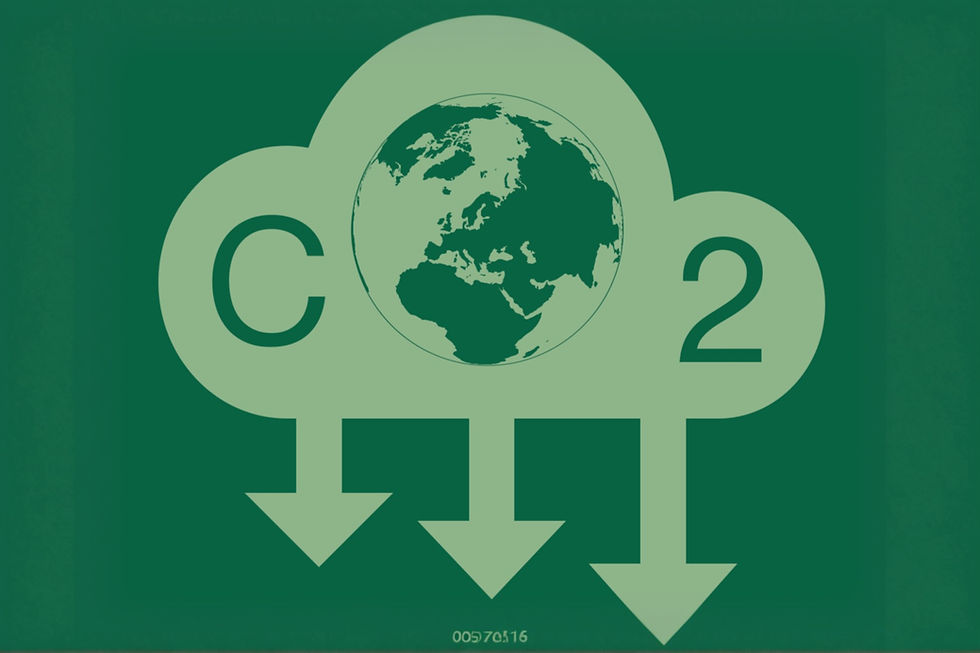Race & Covid-19: Resolution, or Just More Reports?
- Aug 11, 2020
- 4 min read
Updated: Oct 10, 2023
“While we have all faced the same storm, we are not in the same boat.”
~ Dr Zubaida Haque, interim director of Runnymede Trust
The disproportionate impact of COVID-19 across BAME (black and minority ethnic) communities within the UK is well-documented. The title – “Over-Exposed and Under-Protected” – of one of the best-known reports on the subject is a succinct diagnosis of the relationship between BAME communities and the pandemic.
The findings, upon which the title has been created, are quite bleak. The BBC reports that whilst deaths from coronavirus as a proportion of the racial group is roughly matching, the actual deaths in BAME communities far outstrips the predicted deaths, especially among Black African and Pakistani people. In recognition of the disproportionate impact, Public Health England decided to track coronavirus cases by ethnicity.
Runnymede Trust’s report finds multiple factors that heighten the various communities’ vulnerability to coronavirus and the negative consequences of the handling of this pandemic.
In this article, BAME refers to Black African, Black Caribbean, Chinese, Indian, Pakistani and Bangladeshi people. Furthermore, the various ethnic groups have specific statistics – they definitely should not be treated as a monolith – but have been referred to together within this article due to length constraints.
We are aware that workers at the forefront of the pandemic response will be at an extremely high risk of contracting the virus, and BAME individuals are overrepresented within these occupations – more likely to be in occupations that defined them as a ‘key worker’. Furthermore, BAME key workers report that “they were not given adequate PPE”, were more likely to have their safety concerns ignored, and were more likely to be given high-exposure tasks. The confluence of these circumstantial factors and discrimination provides some explanation for the high infection rate among BAME individuals.

Runnymede’s recommendation is straight-forward – employers must ensure that adequate PPE reaches all staff that will be in public-facing roles. Since “adequate PPE” is clearly defined by the Health and Safety Executive, employers have no excuse.
Regarding infection rate within BAME communities, the report notes that BAME families are more likely than their white counterparts to be living in a household, on average, of four adults. They also found under 18s to be a more common occurrence in BAME households (over half), compared to white households (3 in 10). Crucially, larger household sizes are not accompanied by larger home sizes. In overcrowded living conditions – where self-isolation cannot occur effectively because there are more occupants than rooms – opportunities for virus transmission are higher.

Recognising this, Runnymede recommended that symptomatic individuals in overcrowded households should be allowed to self-isolate in empty hotel rooms or in temporary housing facilities, where they are provided access to food and necessary amenities during their recovery. This measure is currently in place for NHS staff and their family members and should be extended to vulnerable people as well.
These recommendations address the higher infection risk posed to BAME individuals and, by extension, their household members but do little to address the economic fallout that has resulted from the government’s pandemic response.
Like many countries, the UK government chose to tackle the pandemic through the imposition of a lockdown. The economic support measures that were rolled out, have yet to be assessed for their “equality impact”, as pointed out by the Runnymede. The report found lower awareness of initiatives such as furlough scheme, increased benefits, sick pay during self-isolation, among BAME individuals, which they could have used to lower the financial fallout. Whilst over 90% of white and Chinese respondents were aware of almost all relevant schemes, only around 70% of awareness was registered in the remaining groups.
The recommendation that followed is to ensure that information was accessible, by providing it in various languages. Also, working with local councils and authorities, who had established relationships with the communities would convey information more thoroughly.
Whilst adoption of these recommendations would mitigate against the disparity in coronavirus impact on BAME communities, it is the deep-rooted inequality and institutional racism that requires addressing – particularly in the spheres of health, housing, and employment. I would like to highlight a measure endorsed by Runnymede: increasing affordable, larger social housing. This is a key step in improving social mobility and reducing the economic vulnerability of low-income BAME families/individuals, who are often subjected to poor living conditions and extortionate rent prices in the private housing market.
However, what is required, before any short-term or long-term measure can be implemented, is an attitudinal shift from the government. Race on the Agenda (ROTA), a social policy think-tank, raised concerns about the government’s commitment to addressing racial inequalities after they announced the “cross-governmental commission” on the matter. They pointed out that it came alongside Prime Minister Boris Johnson’s aim to “stop the sense of victimisation and discrimination” which suggests a desire to prove the voices of racial justice advocates as false and/or exaggerated. Another concerning aspect is the focus on “wider inequalities” which includes education issues faced by working-class white boys. This approach already suggests a misunderstanding of the issue, since the difficulties faced by working-class white people cannot and should not be equated to the structural challenges faced by BAME individuals.
Whilst the pandemic’s interaction with humans has revealed and exacerbated the cracks in our society – particularly along racial lines – the government shows little willingness to accept their part and seek to make meaningful changes.



Comments